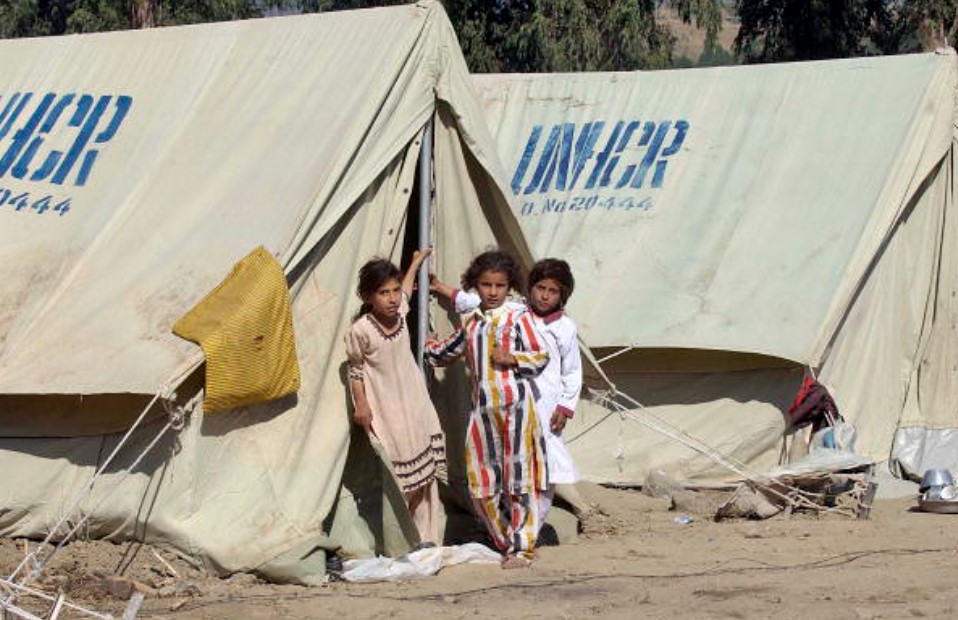One year after the federal government closed Roxham Road, refugee claims in Canada continue to increase: there were 143,785 in 2023 compared to 91,730 in 2022. The surprise announcement in March 2023 to modify Canada’s Safe Third Country Agreement with the United States was touted as a way to “better manage access to the refugee system.” Instead, the past year has seen deaths at irregular crossings, increased asylum claims at airports (not covered by the modified agreement), and soaring refugee claimant homelessness across Canada.
The Housing Gap
People fleeing persecution have the right to claim asylum in Canada. Resettled refugees arriving through government-assisted or private sponsorship routes receive housing, orientation, and settlement support. In contrast, federal, provincial, and municipal governments do not have a systematic way to welcome refugee claimants. There is no coordinated, funded national plan. Consequently, a disproportionate number of refugee claimants end up in emergency shelters.

The City of Toronto recorded a 500% increase in refugee claimants in shelters from 2021 to 2023. The City of Ottawa has recently opened up three temporary emergency shelters, and the Ottawa Mission reports record numbers of newcomers accessing its services. Shelters run by non-profit organizations across Vancouver indicate that 60 to 85% of their beds were occupied by refugee claimants. When these shelters are full, refugee claimants are pushed onto the streets. The sharp increase in homelessness of refugee claimants across the country highlights the pressing need for a more sustainable system to protect refugee claimants’ rights to asylum and housing.
Promising Approaches
Effective programs that combine transitional housing and wrap-around settlement support for homeless refugee claimants should be systematically funded, scaled up, and replicated. A national reception system for refugee claimants needs to be established. When a refugee claimant first arrives in Canada, there must be a clear path to accessing shelter, orientation on the asylum process, and support tailored to their needs. The recent death of Kenyan asylum-seeker Delphine Ngigi while waiting for a shelter spot underscores the tragic human costs of current policy failures.
